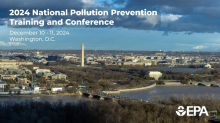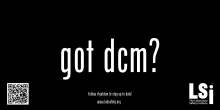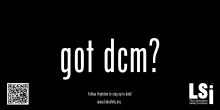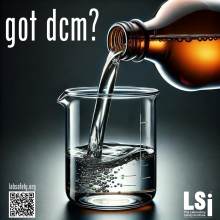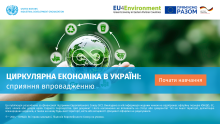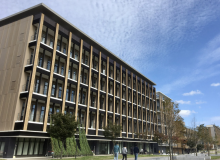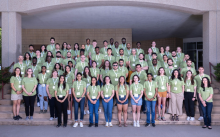Greener Curriculum Showcase Series: Exploring Sustainable Practices and the Drive for Greener Innovations - A Case Study in Metal Plating
This free, virtual workshop is designed to help educators effectively adapt and implement a new case study that examines the various considerations and factors driving greener innovations in the metal plating industry. One of the primary chemicals used in this sector is PFAS, which acts as a fume suppressant to control chromic acid mist during the chrome plating process. While PFAS reduces exposure to the known health hazard of hexavalent chromium, its health and environmental impacts raise significant concerns, underscoring the need for greener alternatives.

